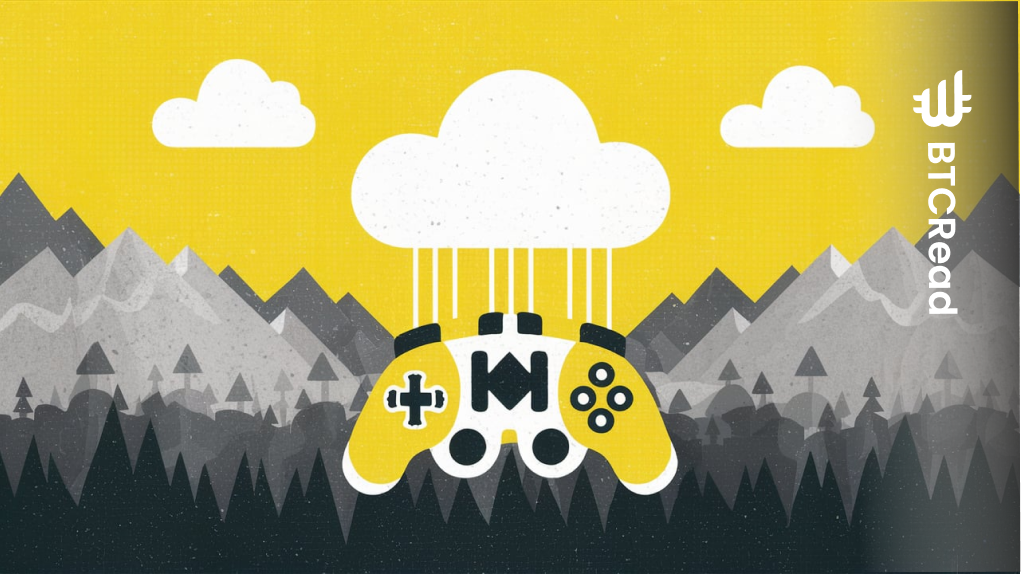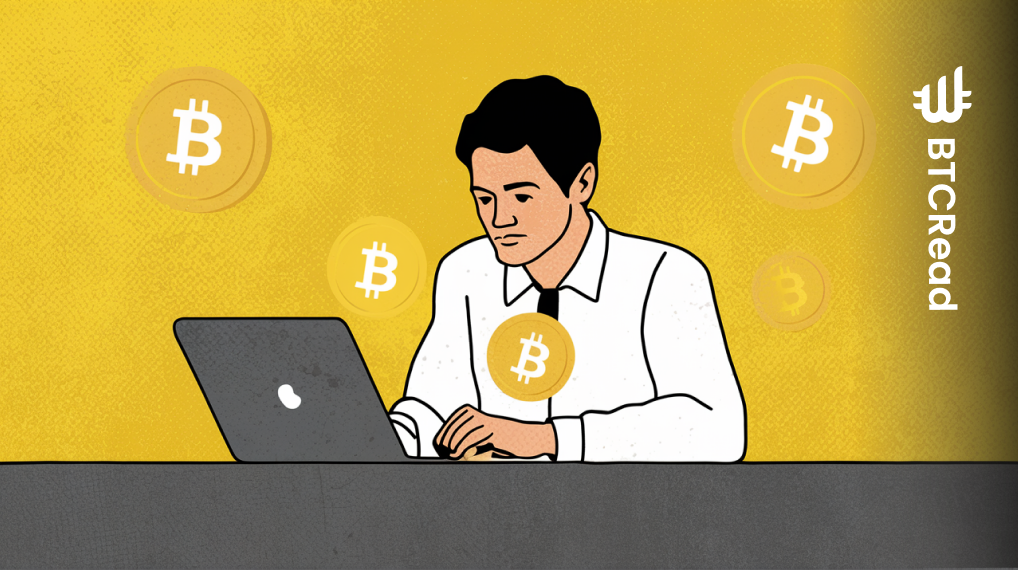How about a world where discovering new groundbreaking gaming experiences does not depend on your wallet or high-performance computing equipment? A revolution is about to happen, powered by decentralized infrastructure on cloud computing that is ready to disrupt the gaming industry and eliminate the existing divide.
For far too long, the confines of consumer electronics technologies have restricted the gaming industry. Of course, high-end AAA titles with visually pleasing graphics and complex game mechanics have been unavailable to gamers who cannot afford to purchase and build high-end PCs. This exclusivity has split the community, resulting in millions of players who cannot experience the art of modern gaming that is lavished across them.
But that change is imminent, and the irresistible force of decentralized cloud computing will bring it about.
The rise of decentralized cloud infrastructure

Games have existed for years and have been favorites among all age groups, but brace yourself—change is imminent! The experienced growth of cloud computing and decentralized infrastructure suggests a new paradigm shift—soon, the virtually most complex and computationally demanding AAA games will no longer belong only to the rich and possessors of top-level hardware.
Welcome to the world of Decentralised Cloud Gaming Platforms with GPU-backed presence. These innovative platforms feature a solution that even brings playable frame rates to the most graphics-intensive games for anybody capable of streaming video on a device. Amazingly, individuals with low-end laptops or PCs, old desktop computers, or smartphones can have equivalent to high-end video cards by sharing the needed power through cloudy networks.
At the center of this revolution is the ultimate model of decentralized cloud gaming, such as Aethir. An open-source network of nodes sourced from enterprises, data centers, Telcos, bare metal providers, mining companies, and other GPU-based server owners contribute their idle GPUs to have millions of GPUs in one centralized and powerful coalition.
When a gamer wishes to play, they can immediately log into this platform, and the system assigns the necessary GPU power from this distributed platform. The game is then computed in a distant graphics processing unit, and the results are sent to the user’s device in real time, with their inputs returned the same way.
This marks the first time a decentralized approach can open up a whole new level of high-end gaming opportunities to people. Only then can gamers enjoy a level of freedom to play their chosen titles so that the limitations of their local hardware will no longer bind.
Computers are no longer a limiting factor when it comes to gaming, and people using old laptops, outdated PCs, or even smartphones can play the latest games with the same level of graphical fidelity as users of high-performance gaming PCs.
The ability to level the playing field has allowed gaming to expand for so many more people worldwide. Those in less privileged countries may have previously been economically unable to attain it, even if they could afford the NVIDIA RTX 4090.
However, technology decentralization benefits go much further than accessibility. One common advantage of using a platform in a decentralized manner is that the platform can intelligently utilize the auxiliary GPU core of a CPU, minimizing or avoiding situations where many GPU cores remain inactive due to a lack of demand. This implies a more unitary and cheaper product for gamers, who only buy the consumed GPU horsepower, possibly paving the way for inexpensive gaming.
Additionally, the decentralized nature of the Zeed network is very hard to compete with because of the provided levels of reliability and expandability. This is extremely scalable, and more nodes can be added to the network as needed, making it a future-proof solution for gamers who require something more for their platform.
An aspect that could completely revolutionize the gaming industry is the need for consumers to upgrade their hardware requirements. As decentralized cloud platforms develop in the gaming industry, customers will request fewer gaming PC developments, leading to companies throughout the industry changing their focus to a cloud-only approach.
The focus of sales will shift from high-margin dedicated gaming consoles to onboard or subscription-based infrastructure platforms capable of delivering comprehensive computing services on which game titles can be run with adequate graphics and hardware support. This will allow gamers to play many games without requiring them to buy new consoles repeatedly, making PlayStation5 cheap to gamers who cannot afford costly hardware.
A future of better, more ambitious games

The decentralized cloud computing model will change the game industry’s business models and impact both the losers and the winners. But it will be a change worth making. Adopting decentralized cloud gaming will help promote innovation in the game development industry.
The lack of restrictions regarding individual device capabilities will liberate developers to unleash their creativity and offer new and much more extensive gaming experiences. As the addressable market grows to encompass players with various hardware capabilities, developers will be motivated to extend their content to a wider audience, pushing the industry forward in new directions.
Still, it is crucial to understand that transitioning to decentralized cloud gaming will not directly decrease the requirement for advanced hardware components.
Although the demand may drop at the consumer level, the market will likely be redirected to distributed data centers and the nodes participating in the decentralized GPU networks.
They won’t be powerful GPUs in every living room; they will be centralized in the data centers to manage the cloud gaming system. This can be viewed as a great opportunity for the hardware manufacturers, as mentioned above, to adjust their business strategies and consider the demands of the cloud gaming companies.
The gaming industry is on the precipice of the change propelled by the force that cannot be stopped – decentralized cloud computing.
This change is inevitable, and whether the companies adopt it willingly or not, they must adapt. This means that it is a great challenge for the current players in the computer hardware market and pre-built PC manufacturers and gaming enterprises to adapt to the new cloud-first strategy. Failure to do so risks leaving them behind.




